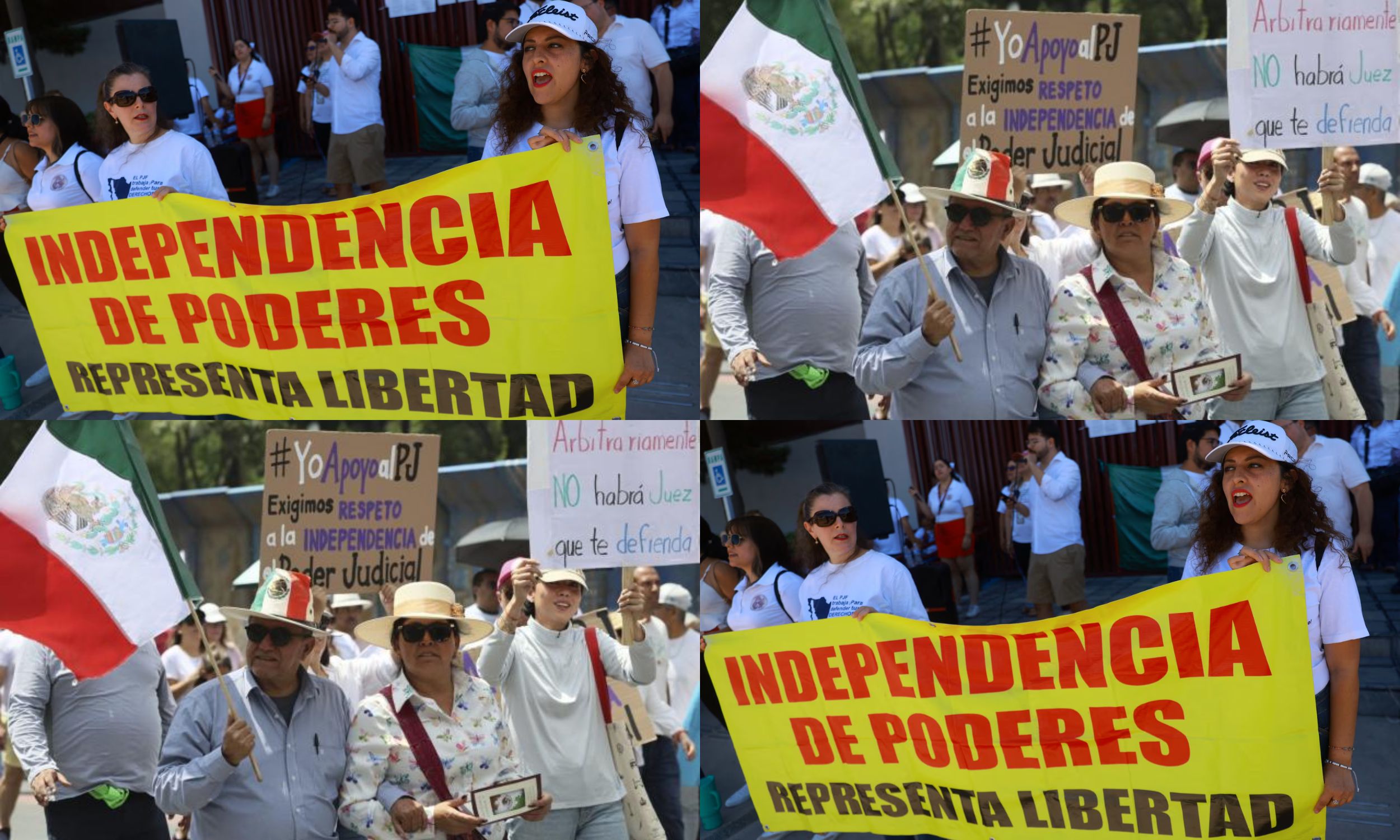Mexican judges are sounding alarms in the U.S. regarding President Andrés Manuel López Obrador’s proposed judicial overhaul, which many view as a threat to Mexican democracy and a potential disruptor to the investment climate in Mexico, a key trade partner for the United States.
These judges are making a final push to draw international scrutiny to the proposed reforms, hoping to catch the attention of U.S. economic stakeholders in the middle of a crowded news cycle dominated by domestic and international issues, including the U.S. elections and global conflicts such as those in Gaza and Ukraine.

The reform plan would introduce a system where Mexican federal judges are elected by popular vote, a shift that current judges believe could impact U.S. interests. Rogelio Alanís García, a circuit court magistrate, has cautioned that such a change might prevent Mexico from meeting its international obligations, particularly under Chapter 23 of the United States-Mexico-Canada Agreement (USMCA), which deals with labor disputes.
Alanís, along with Michele Franco González, has petitioned the Inter-American Commission on Human Rights (IACHR) to investigate whether the reform would breach Mexico’s treaty obligations, presenting a complaint supported by over 1,100 Mexican judges.
The reform has already caused diplomatic friction, with López Obrador and President-elect Claudia Sheinbaum criticizing U.S. Ambassador Ken Salazar for suggesting that the reforms might empower criminal groups by introducing politically motivated judges. Mexico has formally protested Salazar’s call for dialogue on the issue.
The proposed changes are expected to have broad implications beyond Mexican politics. Arturo Sarukhán, a former Mexican ambassador to the U.S., warned that the reforms, combined with other recent changes, could push Mexico towards a more authoritarian system reminiscent of the PRI’s long-standing rule.
López Obrador’s Morena party and its allies are poised to gain a supermajority in the upcoming Congress, potentially enabling extensive reforms. This could destabilize the proportional representation system designed to prevent single-party dominance and alter the balance of power in Congress.
The overhaul is part of a larger reform agenda that includes a bill to dismantle seven independent agencies critical for transparency and regulation. Critics argue that these changes pose a serious threat to judicial independence and the rule of law, potentially undermining the USMCA’s foundational principles.
In response, López Obrador and Sheinbaum have dismissed the criticisms, likening Mexico’s proposed judicial elections to those in various U.S. states. However, U.S. Representative Vicente Gonzalez (D-Texas) warned that such reforms could lead to a more politicized judiciary, where judges campaign based on ideological positions rather than maintaining impartial justice.

